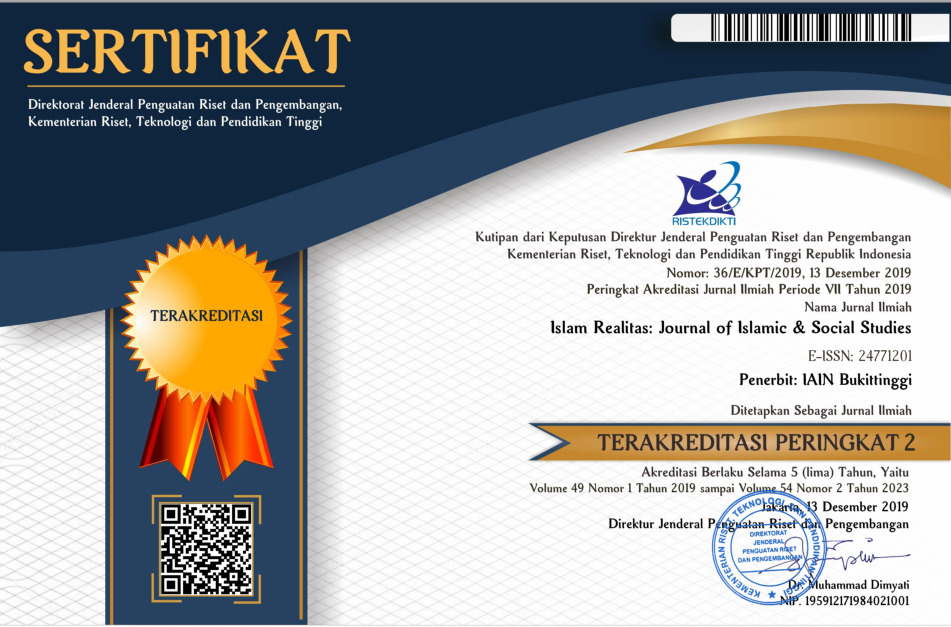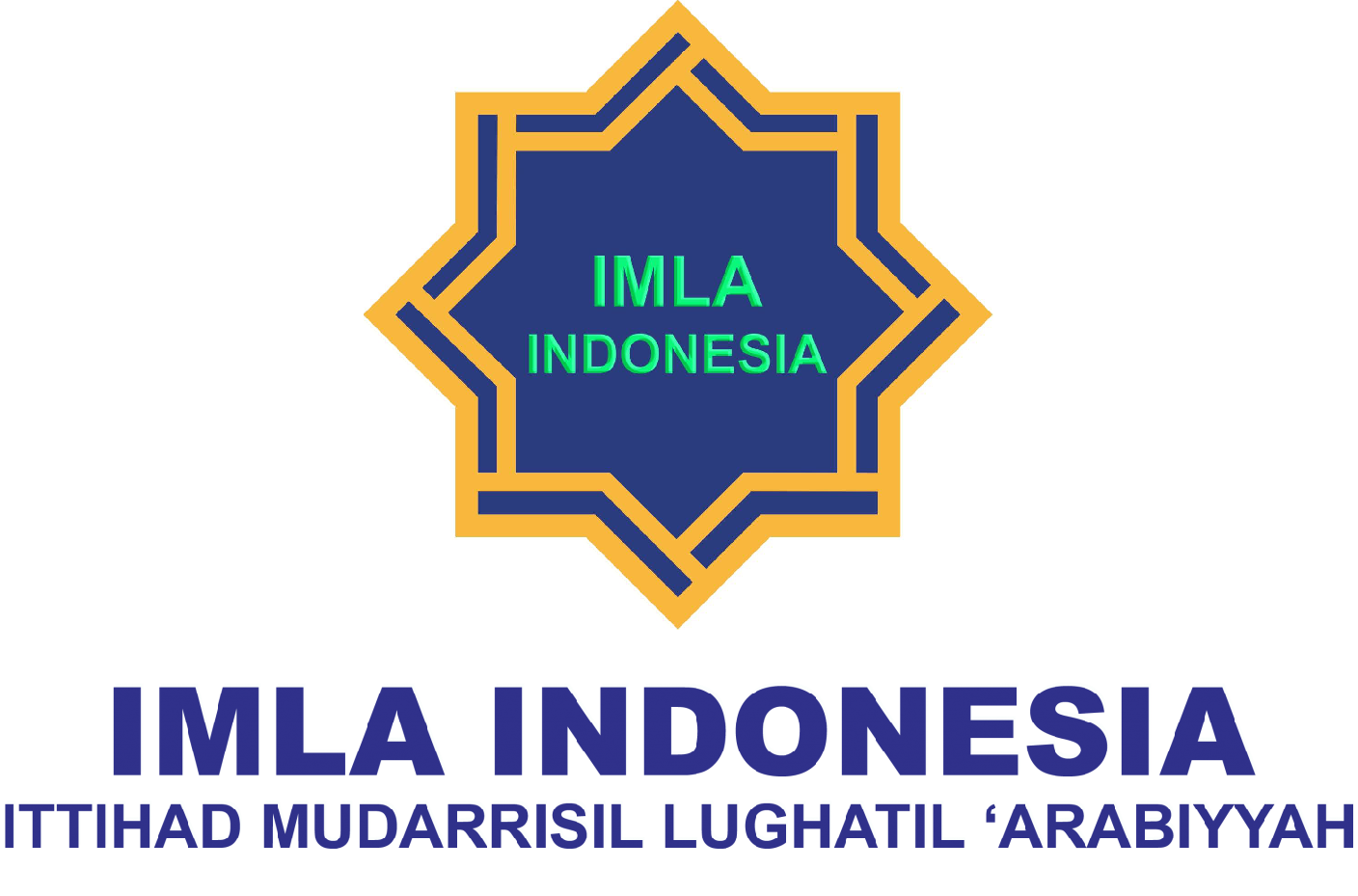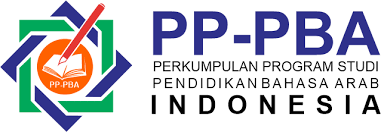Tathwir Manahij Al-Darama fi Baramij Ta’lim Al-Lughah Al-Arabiya li An-Nathiqiin bi Ghairiha
DOI:
https://doi.org/10.30983/huruf.v1i2.5165Keywords:
Development, the language programAbstract
That the planning of the language curriculum in educational programs is very accurate, where the language curriculum focuses on identifying the knowledge and values learned by the learner, in order to achieve the educational outputs aimed at by the designers of the curriculum, and in view of the Arabic language curricula provided to non-Arabic students we find it suffers from a huge lack of development, and is based on the traditional objectives that cause boredom and aversion to the Arabic language, and now we have modern methods based on appropriate perceptions of the nature of the era and the nature of the learners. Themselves and there is no doubt that drama and its treatment in the linguistic curriculum is attractive for learners, and how to employ drama in Arabic language programs is one of the new forms in the introduction of the language curriculum, the curriculum on how to plan for teaching and learning and measuring educational systems and evaluating them. This study will address the design of dramatic courses, curriculum development, analysis of the needs of students in universities or schools and contextual factors that are seen when planning the language program A large number of students sit in classrooms to master a language, and they make a great effort, and many curriculum designers and teachers spend a lot of time preparing a course, teaching the language in the classroom. In light of this, there are educational principles on which the process of preparing a curriculum, and values that reflect these elements in education, review these processes in cash and study, and the development of the language curriculum needs some processes to develop it, lies in the procedures used in determining the content of the language program, the needs of learners and updating them, contextual factors when stitching a language program, knowledge of general and private objectives, teaching and development and measuring the effectiveness of the language program.
أن تخطيط المناهج اللغوبة Ùى البرامج التعليمية يعد أمر دقيق للغاية ، Øيث تركز المناهج اللغوية على تØديد المعارÙ والقيم التى يتعلمها الدارس ،من أجل تØقيق النواتج التعليمية التى يهدÙ إليها من قبل المصممين للمناهج ،وبالنظر إلى مناهج اللغة العربية المقدمة إلى االطلاب الناطقين بغير العربية نجدها تعانى من نقص هائل Ùى التطوير ،وتستند إلى الاهداÙ التقليدية التى تسبب الملل والنÙور من اللغة العربية ،وأصبخ الآن من الضرورى أن نصمم مناهج مبنية على تصورات عصرية  ملائمة لطبيعة العصر وطبيعة الدارسين أنÙسهم ولا شك أن الدراما ومعالجتها Ùى المناهج التعليمية اللغوية أمر جذاب بالنسبة للدارسين ،وكيÙية توظيÙ الدراما Ùى برامج اللغة العربية يعد من الأشكال الجديدة Ùى طرØ المناهج اللغوية Ùالمنهج على كيÙية التخطيط للتعليم والتعلم وقياس الأنظمة التعليمية وتقويمها. وهذه الدراسة سو٠تتناول تصميم المقررات الدرامية وتطوير المناهج، وتØليل Øاجات الدارسين ÙÙŠ الجامعات أو المدارس والعوامل السياقية التي ينظر إليها عند تخطيط البرنامج اللغوي والمتعلقة بالمجتمع والمؤسسة التعليمية، وأهداÙÙ‡ وأنواعه، وتطويره، والقضايا التي تختار ÙÙŠ تصميم المواد التدريسية وقياس Ùعالية البرنامج اللغوي المعد عبر تخطيط الغايات ونواتج التعلم. وكذلك تتناول تصميم المقررات وتخطيط الدورات، وأهمية المواد التدريسية وتصميميها، ثم أخيرا أنواع التقويم المستخدمة، ستتناول هذه الورقة البØثية بالوص٠والتØليل الإجراءات التي تستخدم لتØديد Ù…Øتوى برنامج دراسي لغوي مبنى على الدراما، وبيان Øاجات الدارسين وتØديدها، ثم العوامل السياقية المتبعة عند تخطيط منهج لغوي، والأهدا٠العامة والخاصة ÙÙŠ التدريب وكي٠يمكن تطويرها، والعوامل التي يتضمنها اختيار المواد الدراسية وتكيÙها وتصميمها، وأخيرا كيÙية قياس Ùعالية البرنامج اللغوي وذلك من خلال رؤية شاملة  Øيث أشتملت الورقة البØثة على مقدمة تهئ للتطوير المناهج اللغوية ومÙهوم الدراما التعليمية ،ثم يبدأ  الÙصل الأول بمÙهوم المنهج الدرامى والدراما التعليمية ،وأصول ومبادئ تطوير المنهج اللغوى  وكيÙية تصميم المنهج اللغوى ،ثم يبدا الÙصل الثانى بتصور مقترØ عن المنهج الدرامى للغة العربية للناطقين بغيرها ، مدخلاته ومخرجاته ،وكيÙية إعداد  المنهج المعتمد على نصوص دراما ومدعمة بمرئيات تساعد الطلاب على تنمية مهارات اللغة الأربعة ( الاستماع – التØدث - القراءة - الكتابة.Â
References
Abdullah, Abd Al-Hamid wa Abd Al-Hamid wa Abdullah Nashir, Usus I’dad Al-Kutub Al-‘Ilmiyah Li Ghair Al-Nathiqiin Bi Al-Arabiyah, (Al-Qahirah: Dar Al-I’tisham, 1991)
Abdullah, Nashir Abdullah, wa Abd Al-Hamid, Usus I’dad Al-Kutub Al-‘Ilmiah Li Ghair An-Nathiqiin Biha, (Riyadh: Dar Al-Ghali, dt)
Al-Arabi, Shalah Al-Din Abd Al-Majid, Ta’allum Al-Lughat AL-Hayyah wa Ta’limuha Baina AN-Nazhariyah wa Al-Tahthbiq, (Beirut: Maktabah Lubnan, dt)
Ali, ‘Ashim Syahadh, Isykaliyah An-Nizham Al-Ta’limiy Fi Al-‘Alam Al-Islami, (Malayzia: Al-Jami’ah Al-Islamiyah Al’Alamiyah Bi Malayzia. 2007
Bint Ammar, Asma’, Fa’iliyyah Manhaj Ta’lim Al-Lughah Al-Arabiyah Fi barnamij (j-QAF) Fi Al-Madaris Al-Ibtida’iyah Al-Hukumiyah Bi-Malayzia: Dirasah Washfiah wa Tahliliyah, Bahts Maajister Ghair Mansyur, Al-Jami’ah Al-Islamiyah Al-‘Alamiyah Bi-Malayzia, 2009
Cunnings worth, A. 1995. Choosing your course book. Heinemann Davison, p. 1998. Piloting-a publisher’s view. In Tomlinson 1998.
Davidson, M. A. and J. Tresh. 1997. Theory and Practice Language Programme Orientation design. In Christiston and stoller.
Dudly-Evans, T., and M. St. John. 1998. Development in English for specific purposes. New York. Gambridge University Presss.
Hamdan, Muhammad Ziyad, Taqwim Al-Kitab Al-Madrasi: Nahwa Ithar ‘Ilmiyin Li-Al-Taqwim wa At-Tarbiyah, (Dimascus: Dar Al-Tarbiyah Al-Haditsah, 1997)
Hamid, Yahya Handam, AL-Manahij: Asasuha wa Takhthituha wa Taqwimuha, (Beirut: Dar An-Nahdhah, 1978
Hutchinson & Waters, 1987. English for Specific Purposes. Glasgow: Cambridge University Press.
Ibrahim, Hamadah, Al-Ittijahat Al-Mu’ashirah Fi Tadris Al-Lughah Al-Arabiyah wa Al-Lughat Al-Hayyah Al-Ukhra Li Ghair An-Nathiqiin Biha, (Al-Qahirah: Dar Al-Fikr Al-Arabi, 1987)
Jack Richard, Tathawwur Manahij Ta’lim Al-Lughah, Tarjamah Nahir Ibn Abdullah Ibn Ghali wa Shalih Ibn Nahir Al-Syuwaikh, Jami’ah Al-Malik Su’ud, 2007
Lado, Robert. 1957. Linguistics across Cultures: An Arbor: University of Michigan Press; Ø›
Morris, p. 1994. The Hong Kong School Curriculum. Hong Kong: Hong Kong, University Press.
Thu’aimah, Ahmad Rusydi, Ta’lim Al-Arabiyah Li Ghair Al-Nathiqiin Biha: Manahijuhu wa Asalibuhu, (Al-Ribath: Al-Munazhomah Al-Islamiyah Li Al-Tarbiyah wa Al-Tsaqafah, 1989)
Yunnus, Fathi, Al-Manahij: Al-Usus-Al-Mukauwinat- Al-Tanzhimat, (Dar AL-Fikr: 2004
Zain Al-Din, Ghazali, Ta’im Al-Lughah Al-Arabiyah Li Aghradh Mihaniyah Li Thalabh Al-Tamridh Bi Al-Kuliyah Al-Jami’iyah Al-Islamiyah Bi Wilayah Selangor: Dirasah Washfiyah wa Tahliliyah, Bahts Majister Ghiar Mansyur, Al-Jami’ah Al-Islamiyah Al-‘Alamiyah Bi-Malayzia, 2010
Richards, J. C. and T.1986. Approaches and Methods in Language Teaching. New york: Cambridge university press.
Roberts, J. C. 1998. Beyond Training. New York: Cambridge University Press.
Downloads
Published
How to Cite
Issue
Section
Citation Check
License
Authors who publish with this journal agree to the following terms:
- Authors retain copyright and grant the journal right of first publication with the work simultaneously licensed under a Creative Commons Attribution-ShareAlike 4.0 International Licensethat allows others to share the work with an acknowledgment of the work's authorship and initial publication in this journal.
- Authors are able to enter into separate, additional contractual arrangements for the non-exclusive distribution of the journal's published version of the work (e.g., post it to an institutional repository or publish it in a book), with an acknowledgment of its initial publication in this journal.
- Authors are permitted and encouraged to post their work online (e.g., in institutional repositories or on their website) prior to and during the submission process, as it can lead to productive exchanges, as well as earlier and greater citation of published work (See The Effect of Open Access).





